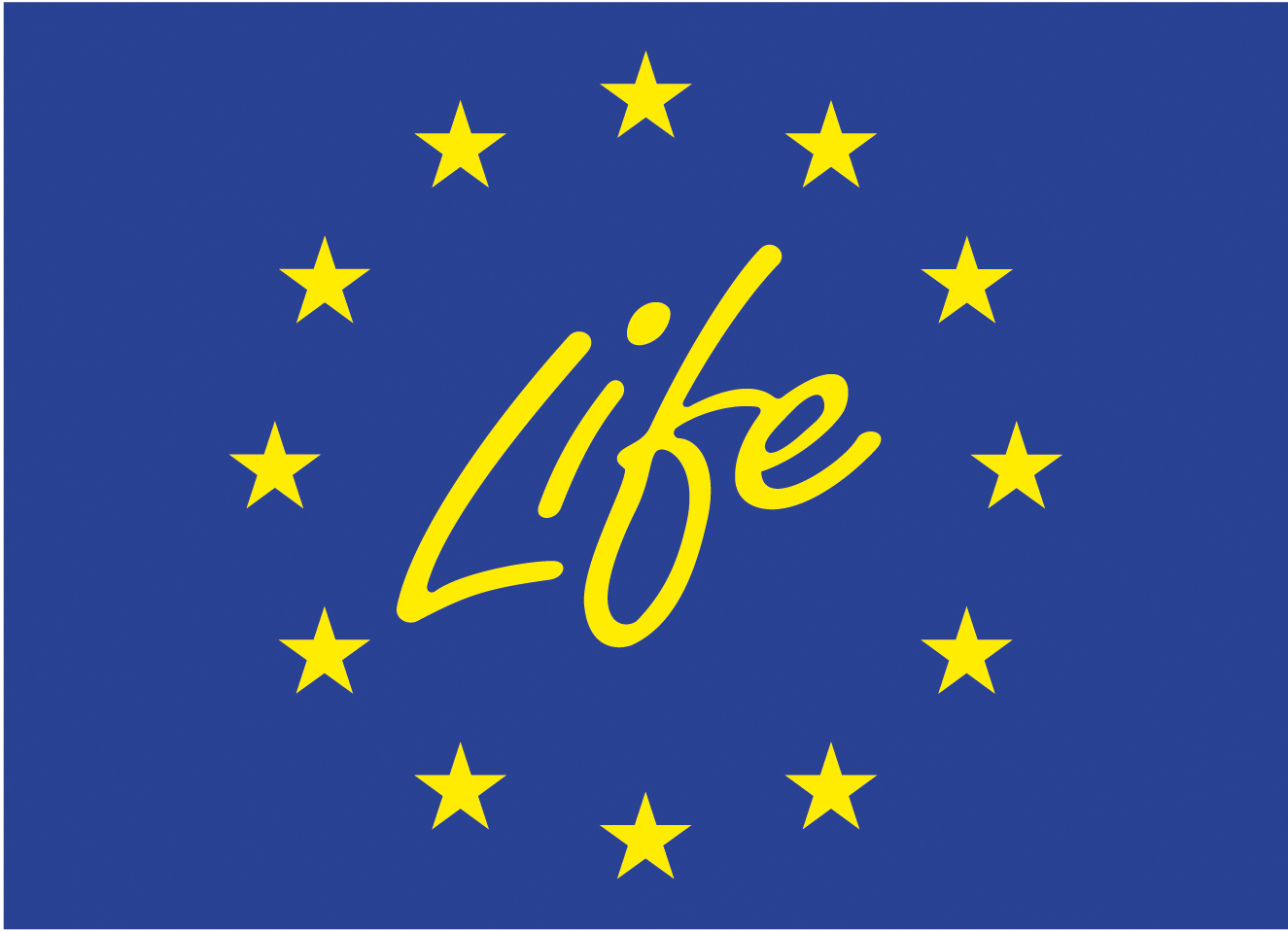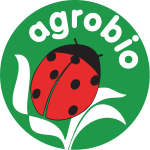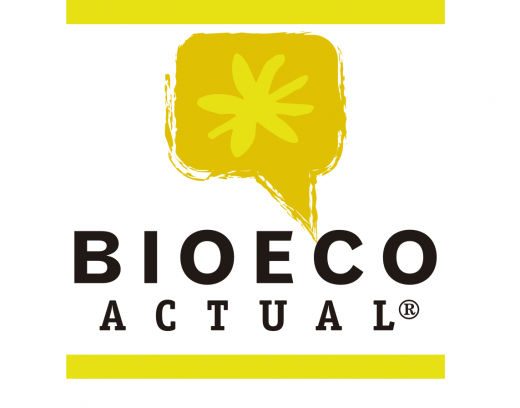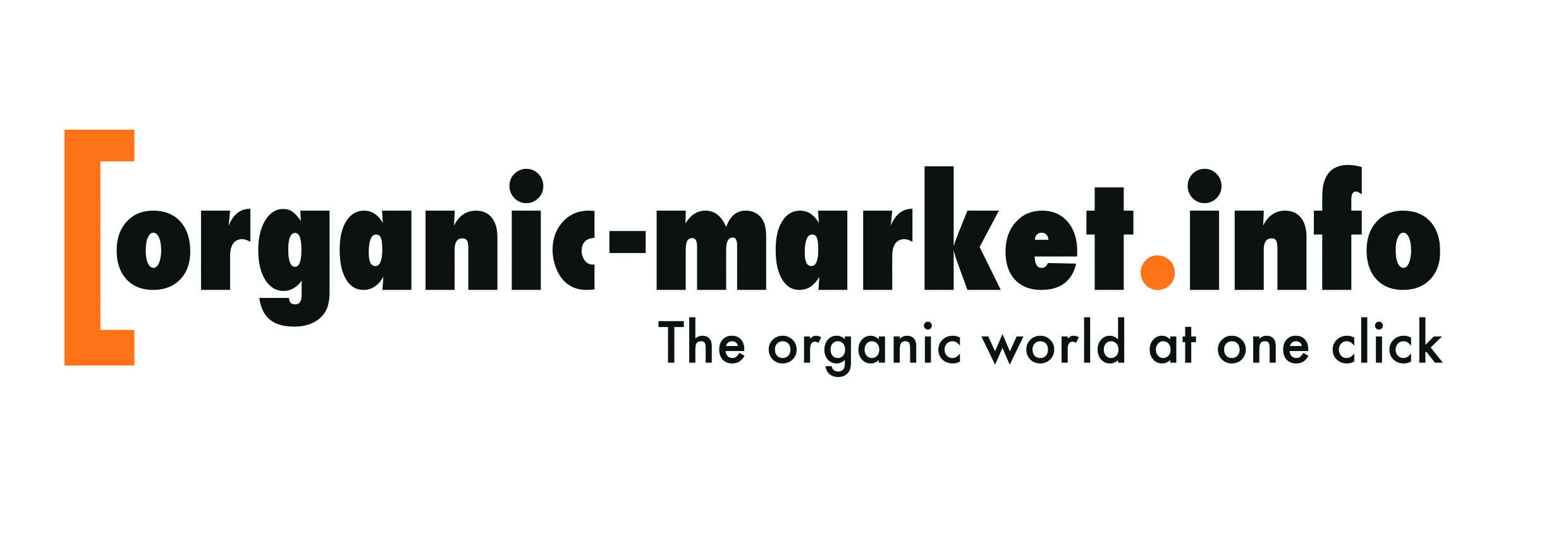
European Organic Congress 2021
The annual European Organic Congress titled “Organic’s contribution to the European Green Deal” will take place online, live from Lisbon from 16-18 June 2021, organised by IFOAM Organics Europe and our Portuguese parter, AGROBIO.
The congress will bring together organic stakeholders from across Europe to talk about policy developments in organic food and farming. We will cover the alignment of CAP Strategic Plans with the EU Green Deal, expected changes in the new EU Organic Regulation, organic’s contribution to climate change mitigation, sustainable food systems, and rural development.
On top of that, we will dive deep into the work being done on the ground in Portugal, linking organic farming with health and biodiversity.
Registration for the Congress is now closed! All the available virtual seats for the Congress are booked. Thank you for registering for this unique (organic) event gathering policymakers and stakeholders from all over Europe!
Didn’t get the chance to join or would like to relive the experience? Recordings of the Congress are available Congress website.
Make sure to follow @OrganicsEurope on Facebook, Twitter and LinkedIn. We will post about the next edition of the Congress using #EOC2022 and #EUOrganic2030.

Programme
– Jan Plagge, President of IFOAM Organics Europe
– Maria do Céu Antunes, Portuguse Minister of Agriculture
The aim of the session is to assess if the new CAP and the national ambitions through the proposed CAP strategic plans are in line with the EU objectives of the Green Deal, in particular the target to reach 25% organic land by 2030.
– Aina Calafat Rogers, Deputy Council member of IFOAM Organics Europe
– Celia Nyssens, Policy Officer for Agriculture at the European Environmental Bureau
– Eduardo Diniz, Director of the Office for Planning, Policy, and General Management of the Portuguese Agriculture Ministry
– Jan Plagge, President of IFOAM Organics Europe
– Maria Noichl, MEP Group of the Progressive Alliance of Socialists and Democrats at the European Parliament
– Tassos Haniotis, Director for Strategy, Simplification and Policy Analysis in the Directorate General for Agriculture and Rural Development at the European Commission
– Moderator: Eduardo Cuoco, Director of IFOAM Organics Europe
In this session, dedicated to Portugal, the various areas will be presented, supported by real cases, which demonstrate the evolution and impact of Organic Agriculture in Portugal, projecting the development prospects towards 2030. We will start by addressing a current issue of great interest, which is the relationship between organic farming and health, so that we can understand the influence on public health, focusing finally on organic food in public schools. This session will also discuss the conversion to Organic Farming in order to achieve the objectives of 25% organic land by 2030, contemplating the main challenges that this objective entails whilst focusing on demonstration projects. Lastly, there will be a presentation on the Portuguese Bio-Region of Idanha-a-Nova.
– Armindo Jacinto, Mayor of the City Hall of Idanha-a-Nova
– Fátima Ferreira, Maternal Health and Midwifery Nurse and Master’s Degree in Organic Agriculture
– Gonçalo de Freitas Leal, Director, Portuguese Directorate-General for Agriculture & Rural Development
– Inês Efigénia, Training Department AGROBIO
– Madalena Ramos, Technical Department, AGROBIO
– Rui Flores, Agricultural Manager at Esporão, S.A.
– Rute Lima, President of the Parish Council of Olivais in Lisbon
– Moderator: Jaime Carvalho Ferreira, Chairman of the Board at AGROBIO
The panelists will discuss whether “climate neutrality” is a realistic goal for the agriculture sector, and even if this is a desirable goal given the current focus on efficiency and the risks of trade-offs with biodiversity objectives. The session will also discuss the realistic potential for carbon sequestration in soils, the need for safeguards to ensure environmental integrity, and the right policy approach to ensure that climate action in the agriculture sector contributes at the same time to adaptation, resilience, and biodiversity protection.
– Christian Holzleitner, Head of Unit for Land Use and Finance for Innovation at the Directorate-General for Climate Action at the European Commission
– Kurt Sannen, Chair of Interest Group of Organic Farmers (IGOF) at IFOAM Organics Europe
– Pierre-Marie Aubert, Senior Researcher and Coordinator of the European Agriculture Initiative at IDDRI
– Shefali Sharma, Director at Institute for Agriculture and Trade policy’s (IATP) European office
– Thomas Legge, Land Use Director at the European Climate Foundation
– Moderator: Eric Gall, Deputy Director and Policy Manager at IFOAM Organics Europe
While the need to transition towards more sustainable food systems is largely recognised, the consensus on how to get there has not been reached yet. During this session we will explore what sustainable food systems look like and how to get there. Initiatives such as the EU Organic Action Plan, sustainable public procurement, and other Farm to Fork strategy related initiatives will be central stage.
– Claude Gruffat, MEP Greens / EFA Group at the European Parliament
– Dóra Drexler, Board Vice-President of IFOAM Organics Europe
– Faustine Bas-Defossez, External Impact Director at the Institute for European Environmental Policy
– Nathalie Chaze, Director for Food sustainability and International Relations at the Directorate-General for Health and Food Safety at the European Commission
– Tobias Bandel, Managing Director of Soil & More Impacts
– Moderator: Silvia Schmidt, Food Policy Officer at IFOAM Organics Europe
The new Organic Regulation (EU) 2018/848 will be implemented from the first of January 2021. Several changes are expected for the organic sector during the coming months. The session will focus on the main challenges that the organic operators will face to maintain their compliance with the EU rules. Would these technical changes help to reach the EU objectives of 25% of EU organic land by 2030?
– Elena Panichi, Head of the Organics Unit at the European Commission
– Marian Blom, Board Vice-President of IFOAM Organics Europe
– Michel Reynaud, Board member and sector representative for certification of IFOAM Organics Europe
– Moderator: Emanuele Busacca, Regulation Manager at IFOAM Organics Europe
The future development and attractiveness of rural areas will largely depend on improving the climate and environmental performance of farming. This session will explore how initiatives such as organic districts (or biodistricts), living labs, and farm demonstrations can contribute to the development of rural areas and the success of the Organic Action Plan.
– Alexis de Liedekerke, Founder of Froidefontaine Farm
– Doris Letina, Vice-President at European Council of Young Farmers
– Luis Saldanha, Chairman of the Board at National Young Farmers Confederation
– Salvatore Basile, President of the International Network of Eco Regions
– Silvia Michelini, Director for Rural Development at the Directorate-General for Agriculture and Rural Development at the European Commission
– Moderator: Eva Berckmans, Communications Manager at IFOAM Organics Europe
– Jan Plagge, President of IFOAM Organics Europe
– Janusz Wojciechowski, Commissioner for Agriculture and Rural Development at the European Commission
Supported by:


















